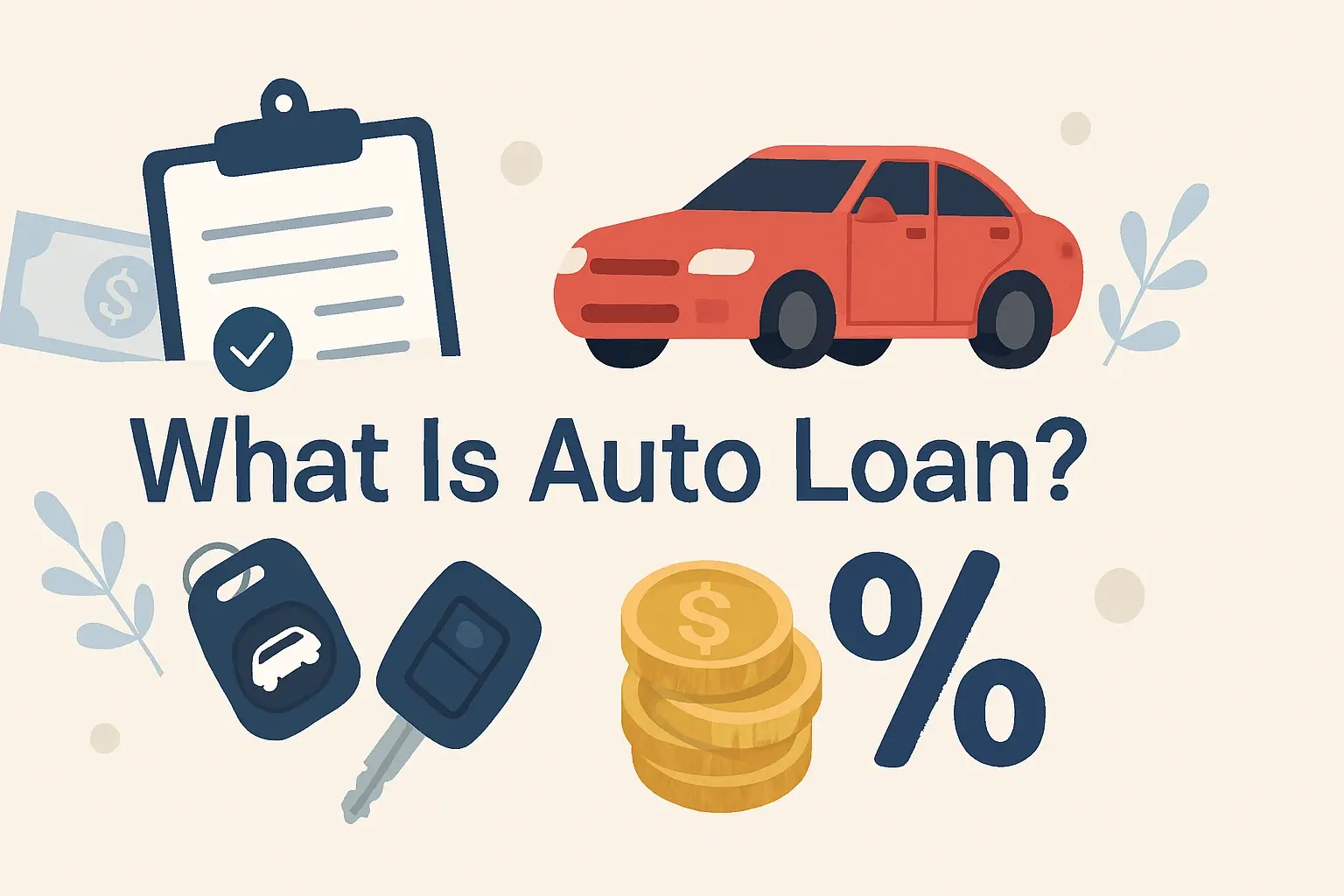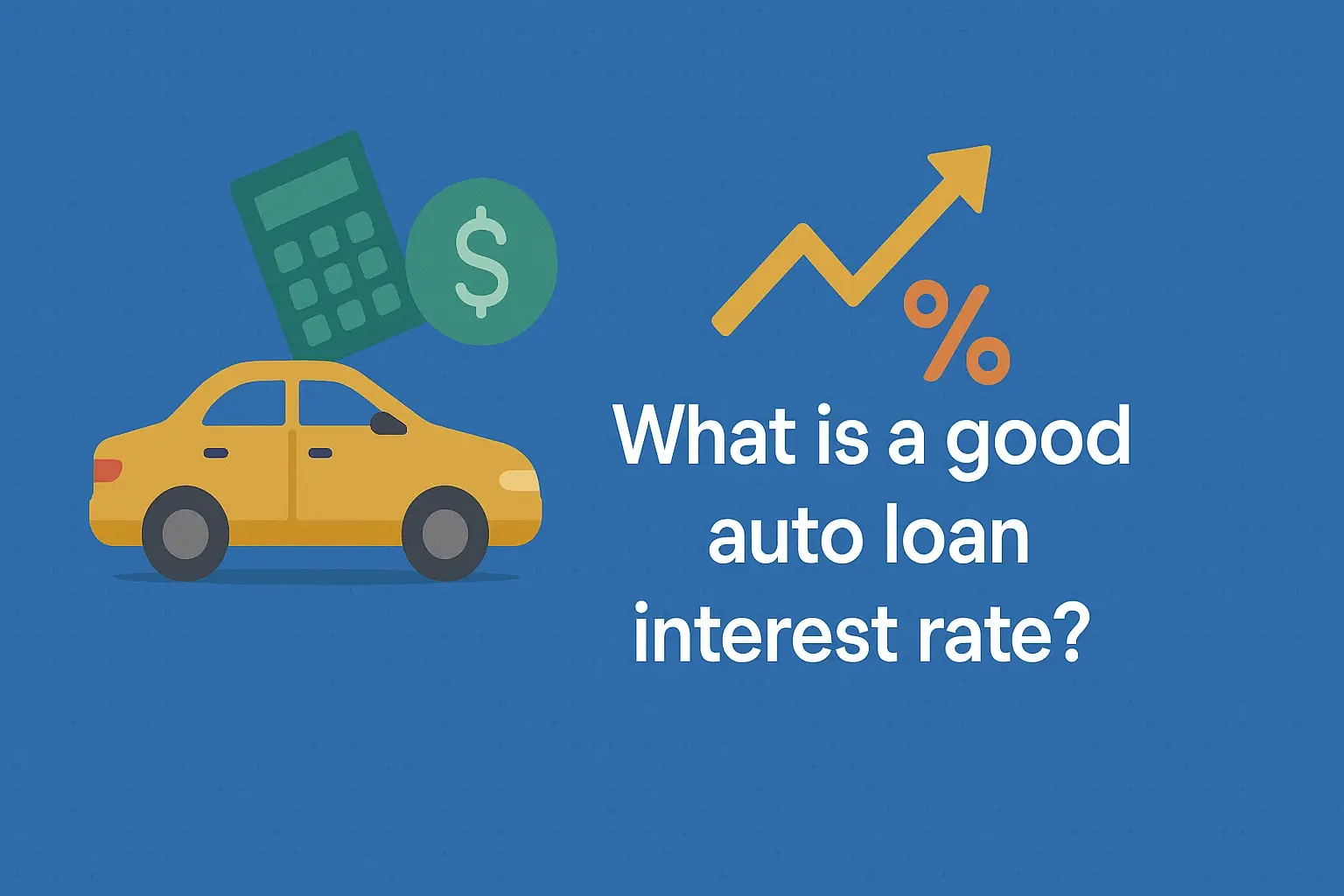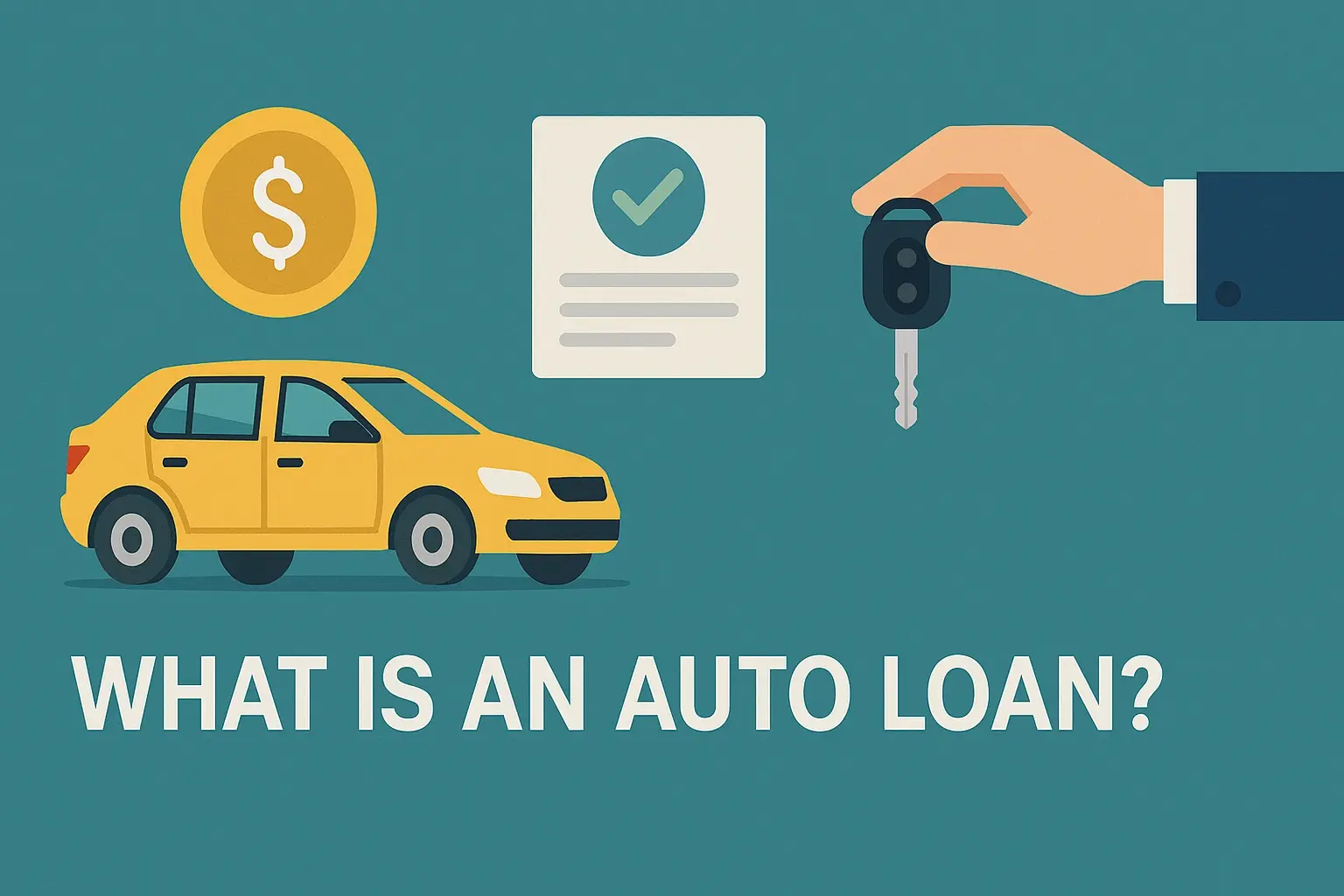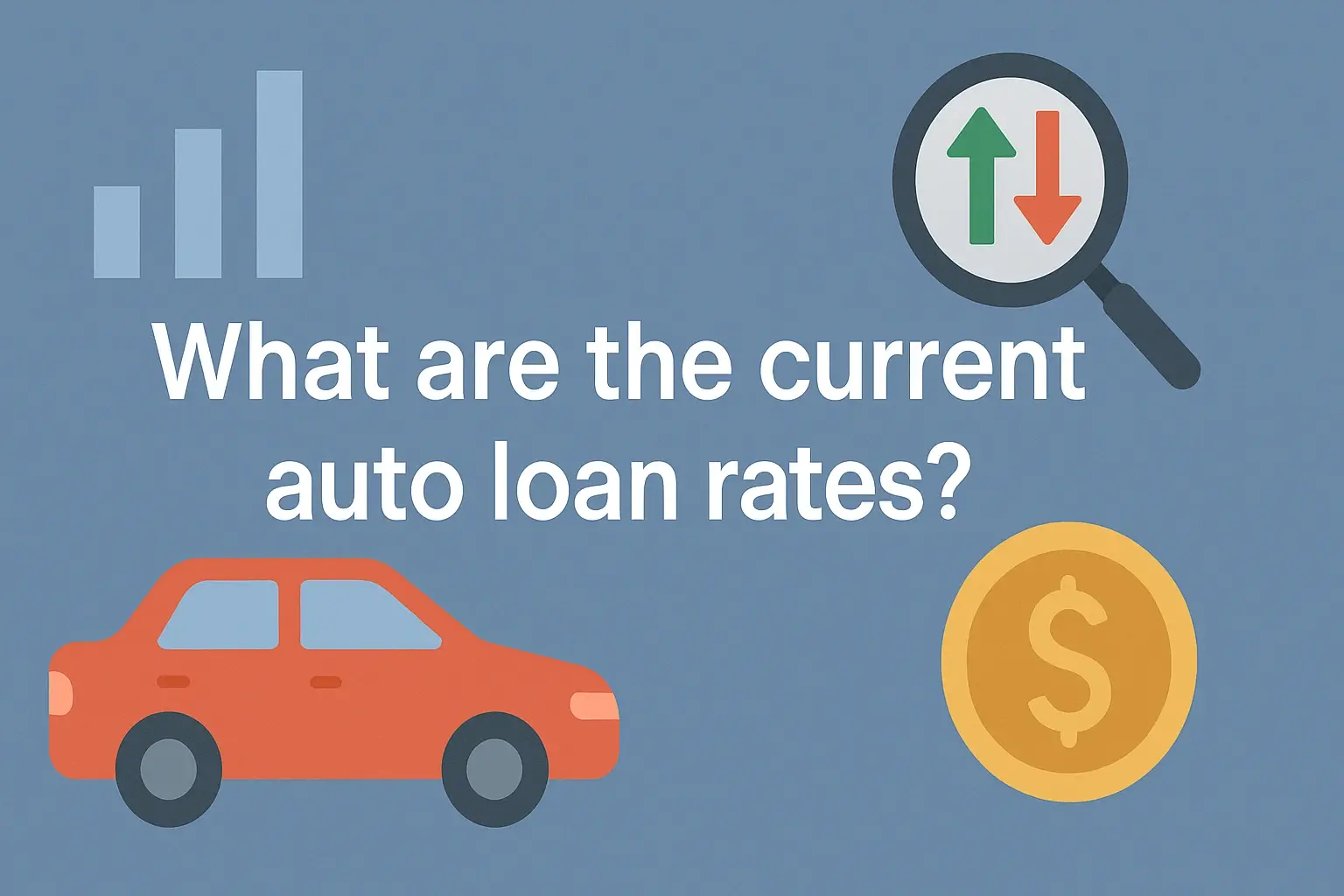-
Posted on: 25 Jul 2024
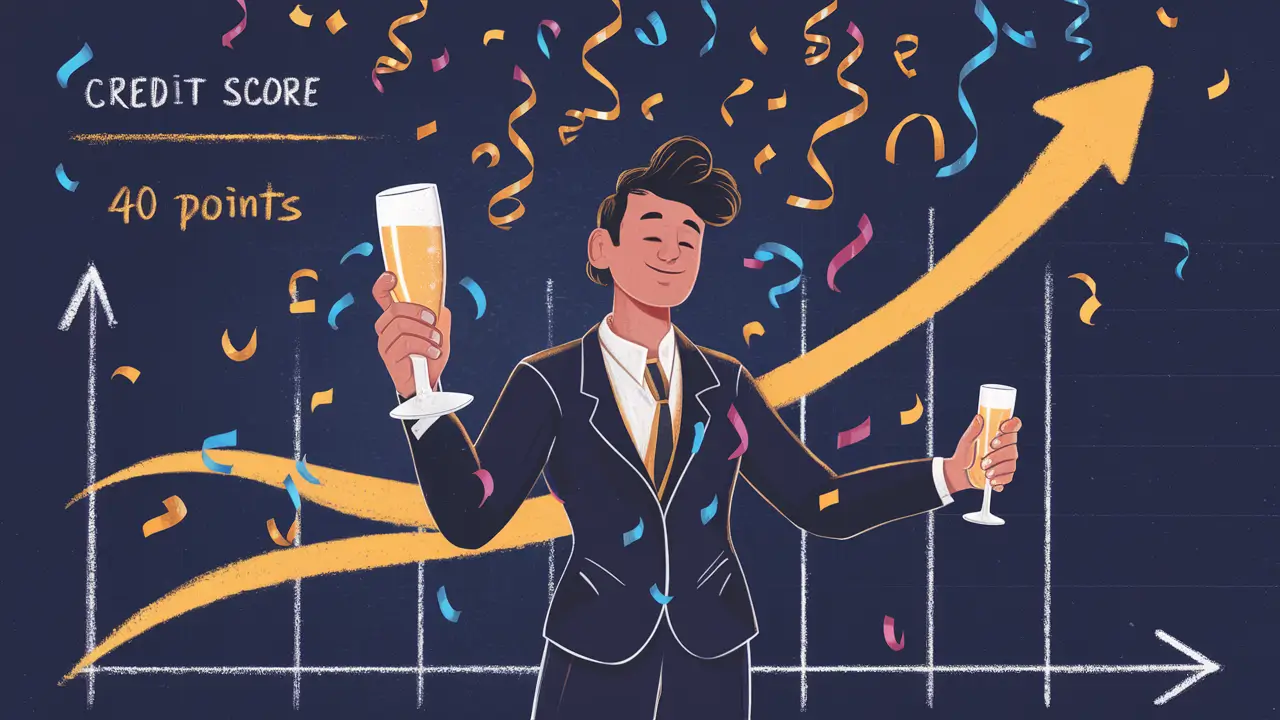
-
It might seem counterintuitive, but many people experience a temporary drop in their credit score after diligently paying off debt. This can be frustrating and confusing, especially when you're actively trying to improve your financial health. While eliminating debt is ultimately beneficial, the immediate impact on your credit score isn't always positive. This article explores the common reasons behind this phenomenon and provides guidance on how to rebuild your score.
Understanding Credit Score Factors
Before diving into the specific reasons for a score drop, it's crucial to understand the key factors that influence your credit score. These factors, as determined by scoring models like FICO and VantageScore, typically include:
- Payment History (35%): This is the most significant factor. Paying bills on time is crucial for a good credit score.
- Amounts Owed (30%): This considers the total amount of debt you owe and, importantly, your credit utilization ratio.
- Length of Credit History (15%): A longer credit history generally indicates a more reliable borrower.
- Credit Mix (10%): Having a mix of different credit accounts (credit cards, installment loans, etc.) can positively impact your score.
- New Credit (10%): Opening too many new accounts in a short period can lower your score.
The Counterintuitive Drop: Why It Happens
Now, let's examine the specific reasons why your credit score might decrease after paying off debt, focusing primarily on the "Amounts Owed" and "Credit Mix" categories:
1. Impact on Credit Utilization Ratio
Credit utilization ratio is the amount of credit you're using compared to your total available credit. It's calculated by dividing your total outstanding credit card balances by your total credit card limits. A lower credit utilization ratio is generally better for your credit score.
Scenario: Paying Off a Credit Card
Imagine you have two credit cards: Card A with a $5,000 limit and a $2,500 balance, and Card B with a $3,000 limit and a $0 balance. Your total available credit is $8,000, and your total outstanding balance is $2,500. This gives you a credit utilization ratio of 31.25% ($2,500 / $8,000).
Now, you pay off Card A completely. Your total available credit remains $8,000, but your total outstanding balance is now $0. Your credit utilization ratio becomes 0%, which is excellent. However, if you had no other open lines of credit, paying off the card could slightly decrease your score temporarily.
Why a Temporary Drop?
While a low utilization is good, having *some* utilization is better than none. The credit bureaus want to see that you can responsibly manage credit, and that requires using it. If you close the account entirely, it could reduce your overall available credit, leading to a higher utilization ratio across your remaining accounts, and potentially a negative impact. The effect is usually more pronounced if that card represented a significant portion of your total available credit.
2. Changes in Credit Mix
A healthy credit mix involves having a variety of credit accounts, such as credit cards (revolving credit) and installment loans (e.g., auto loans, mortgages, student loans). Paying off an installment loan can alter your credit mix, which can sometimes lead to a slight temporary score drop.
Scenario: Paying Off an Installment Loan
Let's say you had a good mix of credit cards and an auto loan. Paying off the auto loan eliminates that installment loan from your credit report. If your credit cards are relatively new or have low limits, the loss of that installment loan might temporarily reduce your credit score.
Why a Temporary Drop?
Credit scoring models often favor individuals who can manage different types of credit responsibly. Losing an installment loan, especially if it was a long-standing account with a good payment history, can temporarily affect the "Credit Mix" portion of your score. This is usually a short-term effect, and the benefits of being debt-free will outweigh this in the long run.
3. Account Closure and Available Credit
Sometimes, paying off debt leads to closing the account associated with that debt. This can have a negative impact on your credit score, especially if it was an old account or one with a high credit limit.
Scenario: Paying Off and Closing a Credit Card
Suppose you pay off and close a credit card that you've had for many years. This action can impact your credit score in several ways:
- Reduced Available Credit: Closing the account reduces your overall available credit, potentially increasing your credit utilization ratio on your remaining cards.
- Shorter Credit History: If it was one of your oldest accounts, closing it can shorten your average credit history, which is a factor in credit score calculations.
- Loss of Positive Payment History: While the positive payment history remains on your credit report for a while (usually 7-10 years), closing the account means you're no longer actively building credit with that account.
Why a Temporary Drop?
Closing an account can negatively affect your credit score due to the reasons mentioned above. It's generally advisable to keep older credit card accounts open (even if you don't use them frequently) to maintain a longer credit history and a higher available credit limit. However, if the card has high fees or tempts you to overspend, closing it might be the best choice for your overall financial well-being, and you can focus on improving your score through other means.
4. Reporting Delays and Errors
Sometimes, the drop in your credit score isn't directly related to paying off the debt itself, but rather to delays or errors in reporting information to the credit bureaus.
Scenario: Reporting Issues
It's possible that the lender hasn't yet reported the debt as paid off to the credit bureaus. Or, there might be an error in the reporting process, leading to inaccurate information on your credit report.
Why a Temporary Drop?
If the debt is still showing as outstanding on your credit report, it will negatively impact your score. It's crucial to monitor your credit reports regularly to ensure that the information is accurate and up-to-date. If you find any errors, dispute them with the credit bureaus.
5. Initial Credit Score State
The impact of paying off debt can vary depending on the initial state of your credit score. If you were already in a very good or excellent range, a small drop is less noticeable. However, if you were closer to the "fair" or "poor" range, a 40-point drop can be more significant.
Rebuilding Your Credit Score After a Drop
If your credit score dropped after paying off debt, don't panic! The good news is that you can take steps to rebuild it. Here are some strategies to consider:
- Maintain Existing Credit Accounts: Keep your credit card accounts open (unless there's a compelling reason to close them), and use them responsibly. Make small purchases and pay them off in full each month to maintain a low credit utilization ratio and build a positive payment history.
- Diversify Your Credit Mix: If you only have credit cards, consider taking out a small installment loan (e.g., a secured loan) to diversify your credit mix. However, be sure you can comfortably afford the payments.
- Monitor Your Credit Reports: Regularly check your credit reports from all three major credit bureaus (Equifax, Experian, and TransUnion) for errors. You can get a free credit report from each bureau once a year at AnnualCreditReport.com.
- Become an Authorized User: Ask a trusted friend or family member with a good credit history to add you as an authorized user on their credit card. This can help boost your credit score, but be aware that their financial behavior will also affect your credit report.
- Consider a Credit-Builder Loan: Credit-builder loans are designed to help people with limited or damaged credit establish a positive payment history.
- Patience is Key: Rebuilding your credit score takes time and consistent effort. Don't get discouraged if you don't see immediate results. Continue to practice good credit habits, and your score will gradually improve.
- Consider Secured Credit Cards: If you have trouble getting approved for a regular credit card, a secured credit card requires a cash deposit as collateral. Use it responsibly, and your credit score will improve.
Conclusion
While it can be disheartening to see your credit score drop after paying off debt, it's important to understand the underlying reasons and remember that the long-term benefits of being debt-free outweigh the temporary dip. By maintaining good credit habits, monitoring your credit reports, and diversifying your credit mix, you can rebuild your credit score and achieve your financial goals.







